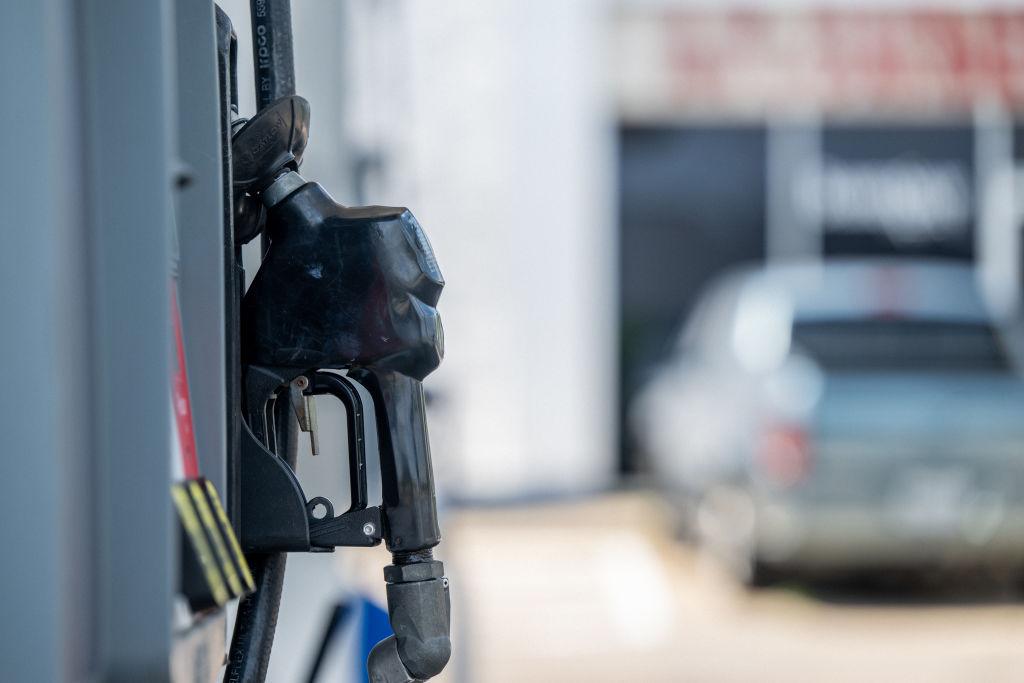Commentary
The Biden administration is under intense pressure as the universal loathing of inflation has unleashed public fury. The most salient increase is in gas prices.

The Biden administration is under intense pressure as the universal loathing of inflation has unleashed public fury. The most salient increase is in gas prices.